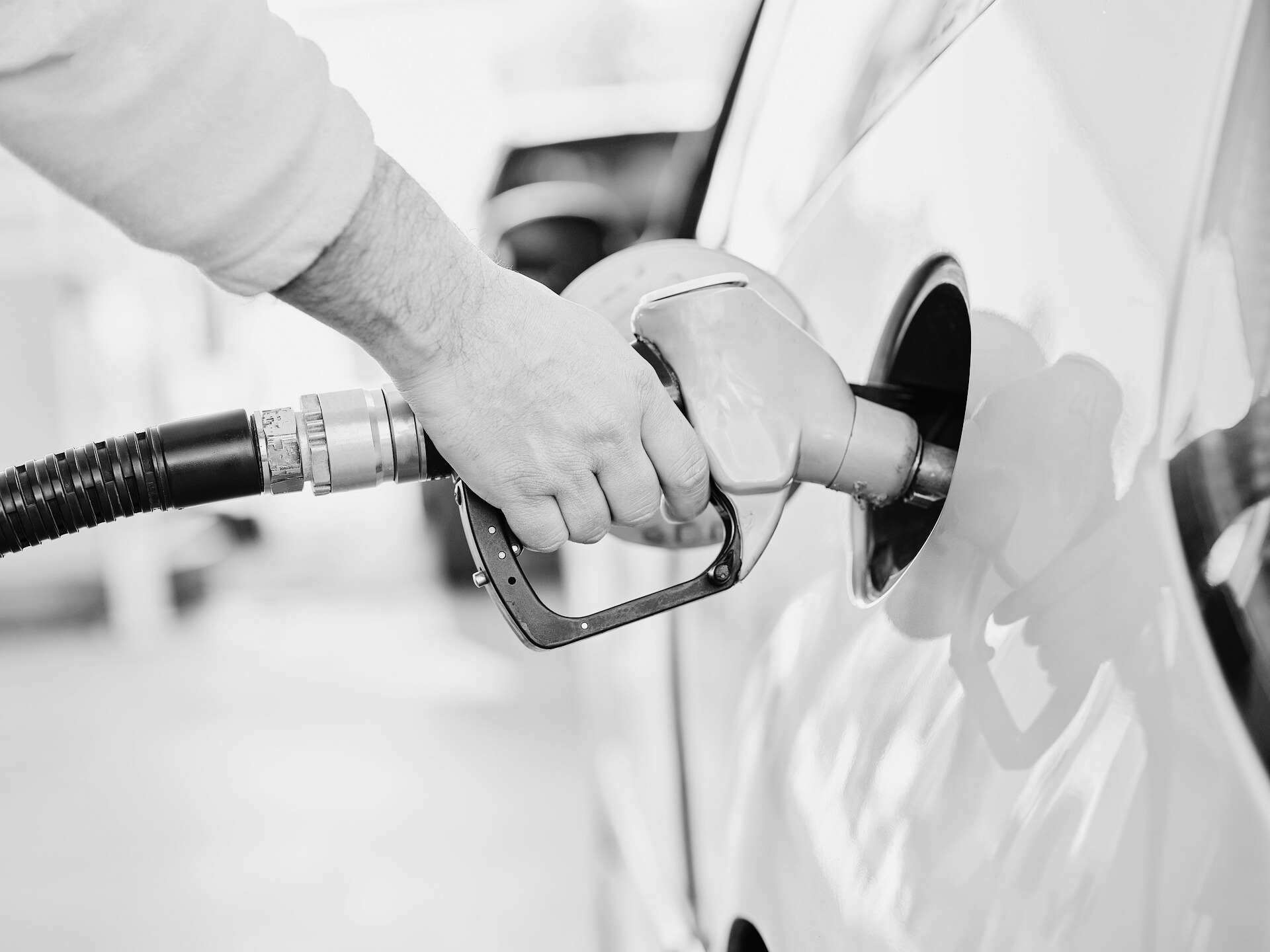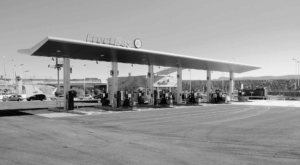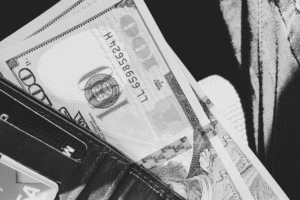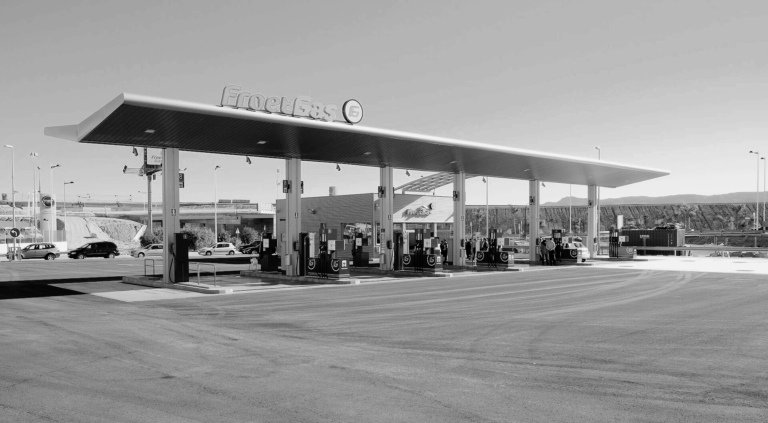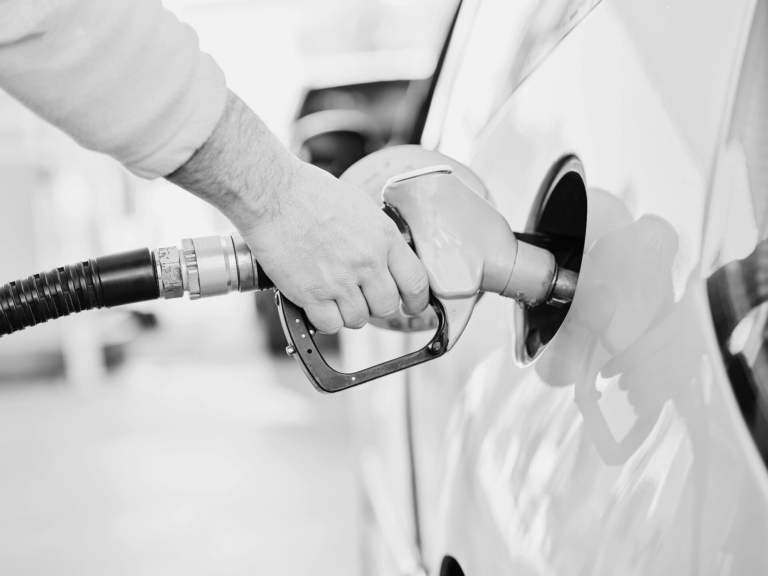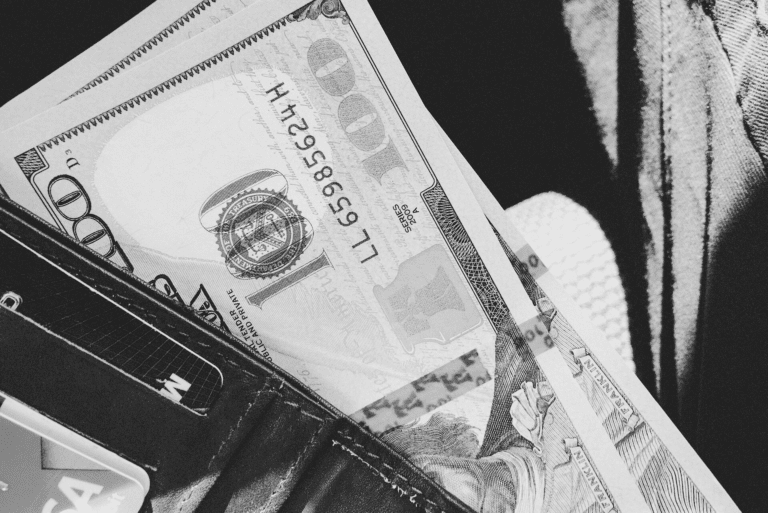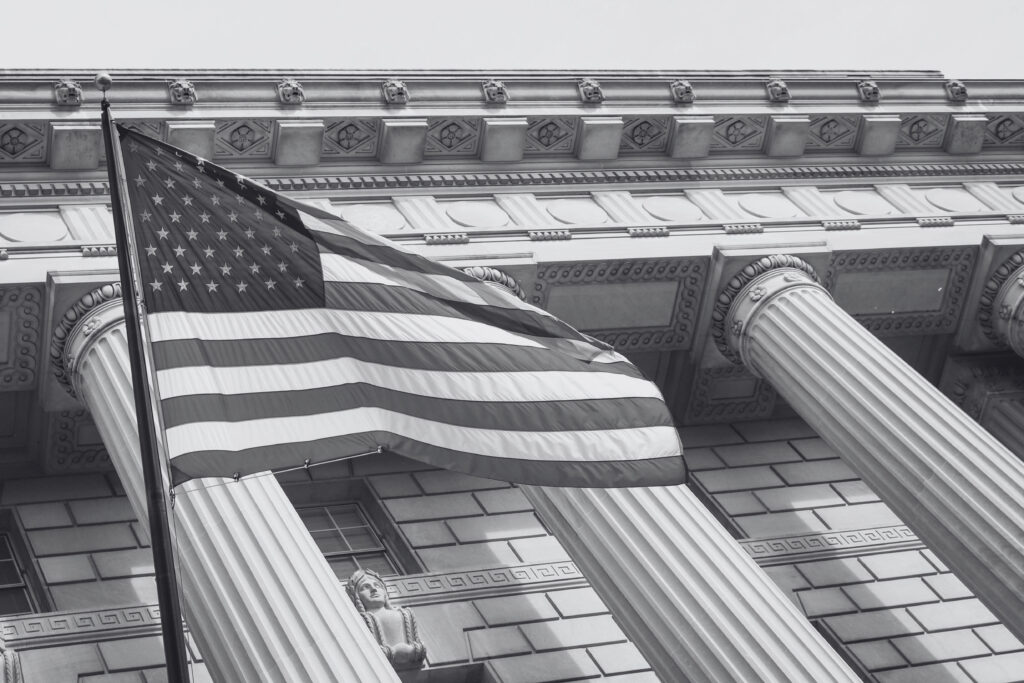Running a gas station requires steady cash flow, but securing financing can be tough. Traditional lenders often hesitate due to fluctuating revenue and environmental risks. That’s where Small Business Administration (SBA) options come in.
These loans offer long repayment terms—up to 25 years—making them a strategic choice for owners. However, approval takes time and strict paperwork. For faster access to capital, alternative lenders like SVP Funding Group provide flexible terms without lengthy waits.
This guide covers eligibility, required documents, and step-by-step application tips. Whether you’re expanding or starting new, understanding your options helps secure the best financing for your business.
Key Takeaways
- SBA loans support gas stations with extended repayment periods.
- Traditional financing may be difficult due to industry risks.
- Alternative lenders offer quicker approvals and adaptable terms.
- Proper documentation improves approval chances.
- Compare options to find the right fit for your needs.
What Is an SBA Loan for a Gas Station?
Government-backed financing can be a lifeline for fuel-based enterprises. These programs offer low-interest funding with extended repayment terms, reducing pressure on cash flow. The Small Business Administration guarantees up to 75% of the amount, encouraging lenders to approve riskier ventures.
Two popular options include:
- SBA 7(a): Covers working capital, equipment, and real estate.
- CDC/504: Ideal for property purchases or major renovations.
Rural locations benefit from USDA Business & Industry programs. Areas with under 50,000 residents may qualify for additional support.
“Traditional banks often hesitate due to environmental risks like fuel storage. Government guarantees mitigate these concerns.”
Compared to conventional financing, these loans offer:
- Longer terms (up to 25 years).
- Rates as low as 2.25% over prime.
- Lower down payments.
Strong credit and collateral improve approval odds. However, alternative lenders provide faster options if timing is critical.
How to Qualify for an SBA Gas Station Loan
Fuel retailers seeking financial support must meet specific criteria. Lenders evaluate creditworthiness, operational plans, and asset backing. Strong profiles increase approval chances and unlock better terms.
Credit Score and Financial History Requirements
A credit score of 680+ is typically required. Avoid defaults on government-backed financing to stay eligible. SBA Form 912 mandates disclosure of past financial or legal issues.
Business Plan and Project Viability
A detailed business plan proves your venture’s sustainability. Include 36-month revenue forecasts and contractor bids for upgrades. Clear projections reassure lenders about repayment capacity.
Collateral and Equity Investment Expectations
Most lenders require 10–30% equity. Use property, equipment, or personal assets like home equity as collateral. The SBA’s 75% guarantee reduces risk, making approvals easier.
| Criteria | Traditional Financing | SBA-Backed Option |
|---|---|---|
| Minimum Credit Score | 720+ | 680+ |
| Down Payment | 20–40% | 10–30% |
| Repayment Term | Up to 10 years | Up to 25 years |
“First Business Bank reduced a client’s monthly payment by 23% through SBA refinancing.”
Documents Needed to Apply for an SBA Loan
Gathering the right paperwork speeds up the approval process. Lenders review these files to assess risk and financial health. Missing documents can delay funding or lead to rejection.
SBA Forms 912 and 1919: What You Need to Know
SBA Form 912 reveals criminal history or federal debt defaults. Felony convictions or unpaid government debts may disqualify applicants. Be transparent—errors can void approvals later.
Form 1919 outlines ownership stakes and existing liabilities. It clarifies how funds will be used, like renovations or inventory. Complete both forms accurately to avoid processing delays.
Business and Personal Tax Returns
Submit three years of tax returns for your business and yourself. These prove income stability, especially vital for cash-heavy operations. Consistent revenue improves lender confidence.
Financial Statements and Projections
Include profit/loss reports and balance sheets from the past 90 days. Lenders also want 36-month cash flow forecasts. Detailed projections show how you’ll repay the borrowed amount.
| Document Type | Purpose | Notes |
|---|---|---|
| SBA Form 912 | Background check | Discloses legal/financial issues |
| SBA Form 1919 | Ownership details | Lists debts and funding use |
| Tax Returns | Income verification | 3 years required |
| Financial Statements | Current fiscal health | Updated quarterly |
“A client’s application was approved in 14 days because they had all documents ready upfront.”
How to Apply for an SBA Loan for a Gas Station
Securing financial backing for your fuel retail operation requires a structured approach. Follow these steps to streamline your request and improve approval odds.
Step-by-Step Application Process
1. Prepare Your Documents: Gather tax returns, financial projections, and completed SBA Forms 912 and 1919. Missing files delay reviews.
2. Compare Lenders: Research SBA-approved options like JPMorgan Chase or Wells Fargo. Brokers like PetroCal simplify negotiations.
3. Submit Your Request: Apply through banks or brokers. Approval typically takes 30–60 days—plan accordingly.
Choosing the Right SBA Lender
Not all financial institutions offer the same terms. Prioritize lenders with:
- Experience in fuel retail business financing.
- Transparent fee structures (avoid hidden costs).
- Strong customer support for complex cases.
Common Pitfalls to Avoid
Steer clear of these mistakes:
- Incomplete paperwork: Double-check forms to prevent rejections.
- Underestimating costs: Environmental compliance (e.g., tank upgrades) often exceeds budgets.
“Brokers cut approval time by 40% for clients who overlooked lender specialization.”
Alternative Financing: Why SVP Funding Group Stands Out
When traditional financing falls short, revenue-based options provide a smarter path forward. Unlike rigid repayment structures, these solutions adapt to your business’s cash flow. For fuel retailers, this flexibility is a game-changer.
Revenue-Based Financing vs. Traditional Loans
Revenue-based financing ties repayments to monthly sales—typically 8–15%. No collateral is needed, making it ideal for volatile industries. Compare this to fixed installments from conventional lenders, which strain budgets during slow months.
Benefits of Working with SVP Funding Group
SVP Funding Group specializes in convenience stores and fuel retailers. Their expertise ensures terms align with industry challenges, like road construction disruptions. Key advantages include:
- No personal collateral: Approval hinges on sales, not assets.
- 5-day approvals: Faster than SBA’s 30+ day timeline.
- Tailored terms: Adjustable rates based on seasonal sales.
Fast Approval and Flexible Terms
Speed matters when upgrading tanks or expanding inventory. SVP delivers funds in 1 week, while traditional options take months. Their flexible terms also accommodate unexpected dips in revenue.
| Feature | SVP Funding Group | Traditional Lenders |
|---|---|---|
| Approval Time | 5–7 days | 30–90 days |
| Collateral | Not required | 10–30% equity |
| Repayment | 8–15% of sales | Fixed monthly |
“SVP’s model saved our station during a highway closure—repayments adjusted automatically to reduced traffic.”
Conclusion
Government-backed financing offers low rates and extended terms, ideal for fuel retailers. Rural locations may qualify for USDA programs, adding flexibility. However, strict credit checks and slow approvals can be hurdles.
For urgent needs or credit challenges, SVP Funding Group provides faster solutions. Their revenue-based model adjusts to cash flow, requiring no collateral. Funds arrive in days, not months.
Ready to explore options? Download their pre-approval checklist or visit SVPFundingGroup.com today. Secure the right financing to keep your business moving forward.


